If you are reading this, I am sure you have heard or read about plant-based diet or eating. Until recently, I successfully ignored this “new fad,” mainly because I shy away from restrictive diets. I believe we can consume anything in moderation so far as we are intentional about how, what, and when we eat. However, after getting so many questions and seeing plant-based foods everywhere, I could no longer ignore this growing trend. What ultimately did it for me was when the same soy-based formula we have given out to parents for years in my pediatric office changed their labeling to plant-based formula. Hence, my motivation to learn more and answer the question, “Is plant-based eating worth the hype?”

What is plant-based eating?
Plant-based eating means eating primarily vegetables, fruits, herbs, nuts, whole grains, legumes, or other plants. In the strictest form, plant-based eating is the same as being vegan. Secondly, some plant-based eaters consume animal products like dairy, referred to as vegetarians. So far, nothing new, right? We know vegans and vegetarians have existed since forever. However, some plant-based eaters consume fish, while others consume meats and poultry occasionally. So, as you can see, there is a broad spectrum to plant-based eating. In summary, plant-based eating involves eating more plant-based products (fruits, vegetables, whole grains, legumes, and nuts) and eating fewer animal products (milk, eggs, cheese, meats, poultry, and fish).
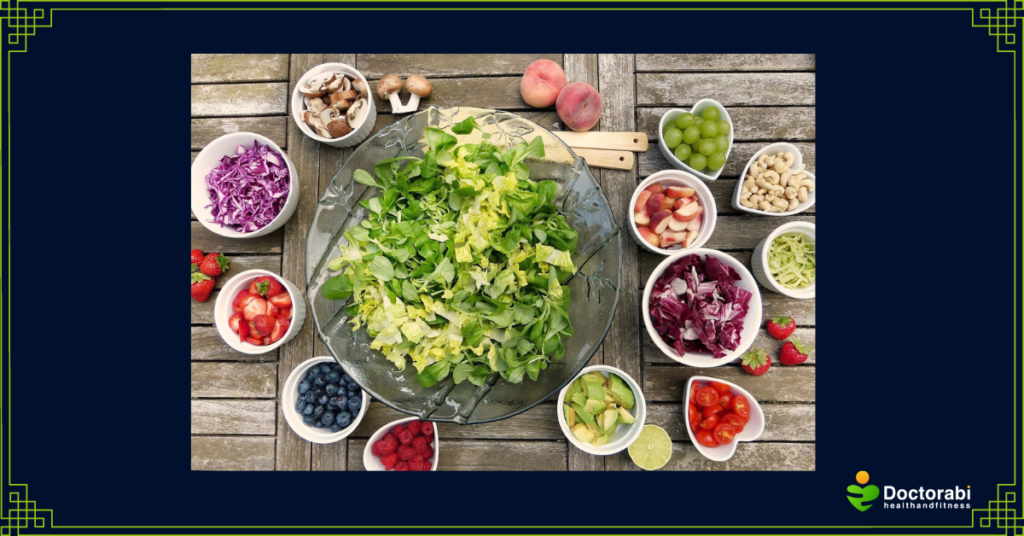
Why the push for plant-based eating?
1) A healthier way to eat
Most people consume way more than the recommended amount of protein and suffer from indigestion. Fortunately, with plant-based eating, you consume more fiber which helps digestion and lowers your risks of developing chronic diseases.
2) An efficient way to reduce calories
Most plant-based foods contain fewer calories per weight when compared to foods derived from animals. Therefore, eating more plant-based foods promotes weight loss because you consume fewer calories.
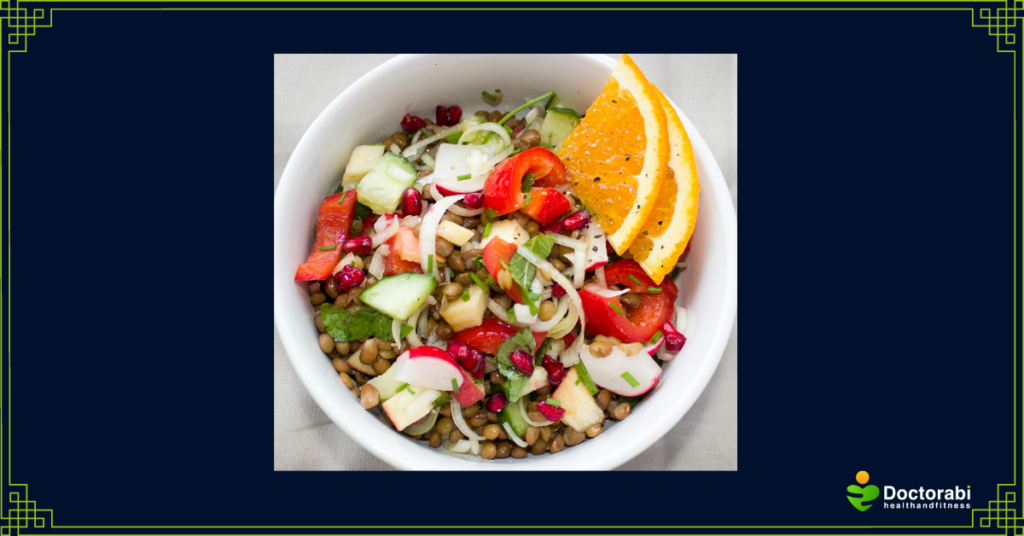
3) A great way to avoid heavily processed foods
Plant-based eating promotes eating natural, less processed foods and can help you avoid the various side effects of consuming heavily processed foods. First, heavily processed foods are usually calorie-dense with low nutritional value. Secondly, many contain artificial ingredients that may be unhealthy. Finally, heavily processed foods often have high levels of added sugar, sodium, and fat, increasing your risk of developing chronic diseases and cancer.
4) An effective way to save our planet
Plant-based eating protects the environment by reducing humans’ environmental impact. Ultimately, consuming more plant-based foods and less animal-derived foods minimizes the effects of climate change, saves water, minimizes agricultural land use, and helps alleviate hunger.
Is plant-based eating worth the hype?
To find out if plant-based eating is worth the hype, let’s take a look at the evidence-based medical benefits of plant-based eating.
Medical Benefits of plant-based diets

2) Lower risk of developing heart disease.
3) Lower risk of developing type 2 diabetes.
4) Weight loss and obesity prevention.
8) Better brain function and reduced risk of dementia.
9) Higher quality of life and productivity.
10) Less depression and anxiety symptoms.
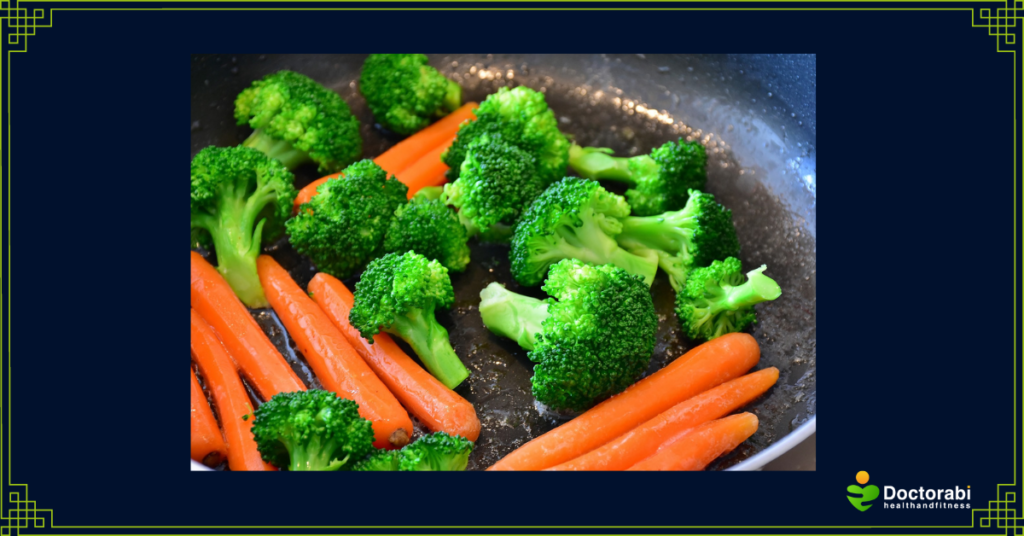
Ready to start your plant-based journey?
So, are you convinced yet? “Is plant-based eating worth the hype?” There is no doubt that the scientific evidence for plant-based eating is overwhelming. In fact, I believe everyone should at least take steps towards eating more plant-based foods. If you are ready to start your plant-based journey, here are some helpful tips to get you started.
Tips for success with plant-based eating
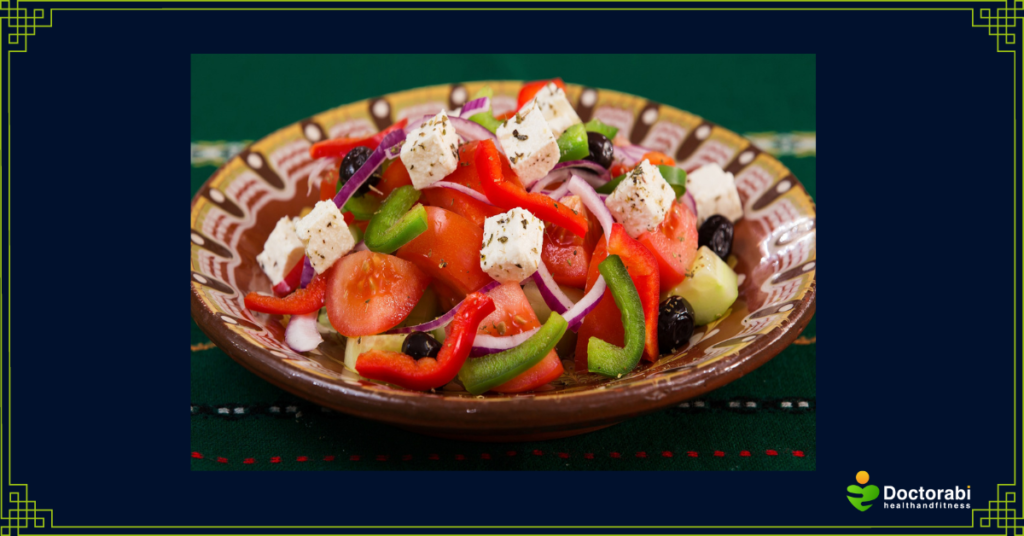
1) Start slowly
Plant-based eating can be a significant change for most people. But, remember, you don’t have to go all-in at once. You can start with one day a week and gradually increase to two, three, or more times a week. Alternatively, you can begin by eliminating animal foods one at a time and replacing these with plant-based foods. As a matter of fact, you are more likely to succeed and create this new habit by taking these baby steps one at a time.
2) Explore your options
There are several routes to plant-based eating. Ultimately, the more plant-based foods you consume and the fewer animal-derived foods you consume, the better your health. Check out this table to decide where you feel comfortable.

3) Know what foods to eat
Typically, most of the protein and fats that we consume come from animal-derived foods like meats and milk. Therefore, when switching to plant-based eating, we have to make sure we consume foods rich in protein and healthy fats. Knowing the right foods to buy and eat can be a little intimidating. Listed below are six foods you should include in your plant-based diet for the best benefits and outcomes. Additionally, below is a grocery shopping list for plant-based eating.
Foods to include in plant-based eating and why

grocery shopping list for plant-based eating
4) Learn new ways of cooking
Unfortunately, if you are used to cooking and eating mainly animal-based foods, switching to plant-based can be a big change. It is easier to try a new plant-based recipe than to adapt an animal-based recipe to become plant-based. Fortunately, you can access tons of plant-based recipes and videos on the internet and YouTube.
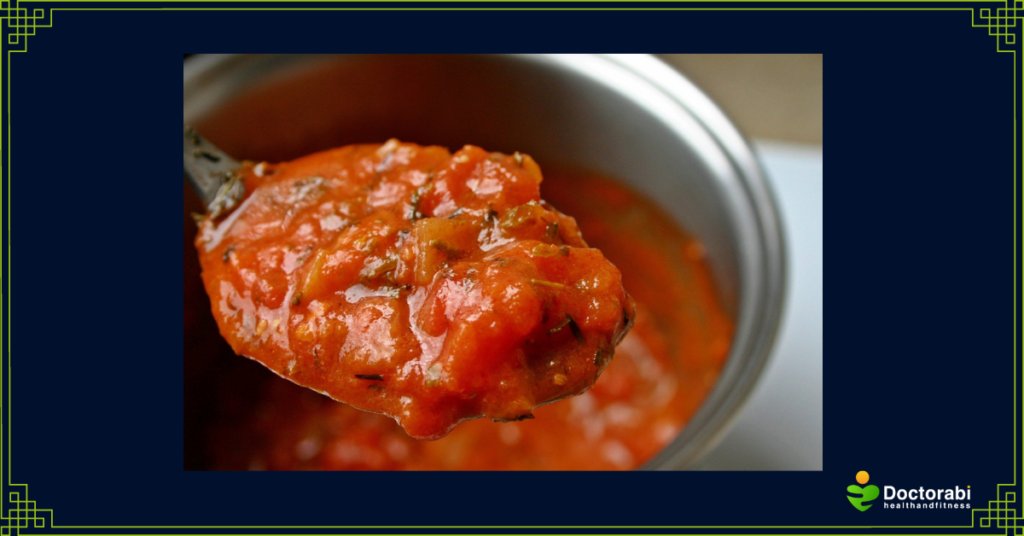
5) Avoid unhealthy plant-based foods
The fact that a food is plant-based does not mean it is healthy. Examples of unhealthy plant-based foods include french fries, potato chips, fruit juices, regular pasta and other refined grains, beverages sweetened with sugar, and desserts. Basically, avoid junk foods and heavily processed foods.
6) Choose a plant-based milk
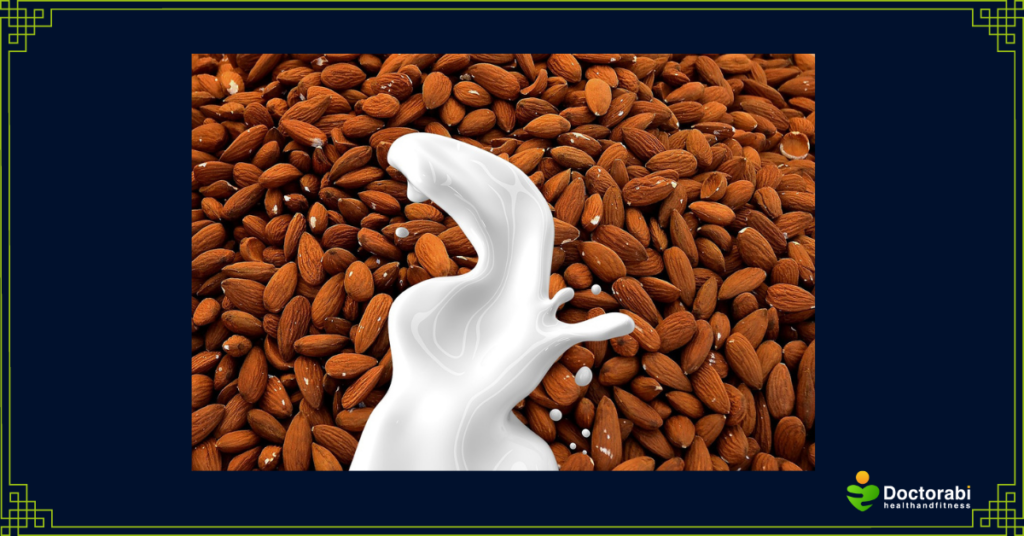
Interestingly, more people are switching to plant-based milk nowadays because about 75 percent of adults are lactose intolerant. Lactose intolerance is when you cannot digest the lactose sugar due to insufficient lactase enzyme in your gut. The symptoms of lactose intolerance include bloating, abdominal pain, excess gas, and diarrhea. Plant-based milk generally does not contain lactose. Therefore, choosing plant-based milk, like almond milk, coconut milk, soy milk, etc., can help you avoid these symptoms.
7) Reduce salt consumption
Try not to exceed the recommendation of 2,300 milligrams (mg) daily. Ideally, most adults, especially those with high blood pressure, should limit their sodium intake to no more than 1,500 mg per day.
8) Reduce sugar

Try to stick to less than 50 g of sugar a day. Consuming too much added sugar can cause obesity, high blood pressure, inflammation, heart disease, and premature death.
9) Reduce fat intake
Generally, only about 20 to 30% of the calories consumed should be from fat. Filling up with fruits and vegetables can help reduce the fat you consume.
10) Don’t forget to exercise

Exercise complements your nutrition to maintain a healthy weight. Therefore, find a physical activity that you enjoy doing and just do it!
11) Avoid overindulging
We tend to think that it is okay to eat a lot of a healthy food. Unfortunately, the calories still add up. Whole grains, for example, are usually high in calories, though nutritious.
12) Ensure a balanced nutrition
An excellent place to start is to follow the USDA recommendation of a daily intake of 45-65% carbohydrates, 10-35% protein, and 20-35% fat. Where you end up in this range is dependent on your goal. For example, if your goal is to lose weight, you would stay closer to 45% carbohydrates.
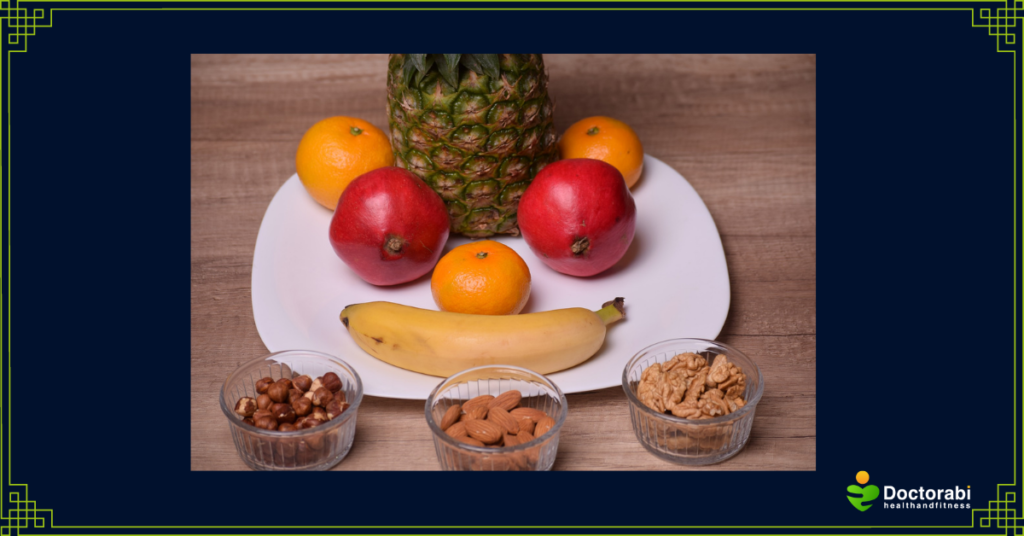
Potential pitfalls of plant-based eating
So far, everything looks great! But what are the side effects of consuming plant-based foods? There is a chance of becoming deficient in some key nutrients and micronutrients with plant-based eating. Nutrient deficiencies may be more common in strict vegans, especially vegans who eat only raw foods. Here is a table with some nutrients and micronutrients that may become deficient with a plant-based diet and how to prevent them.
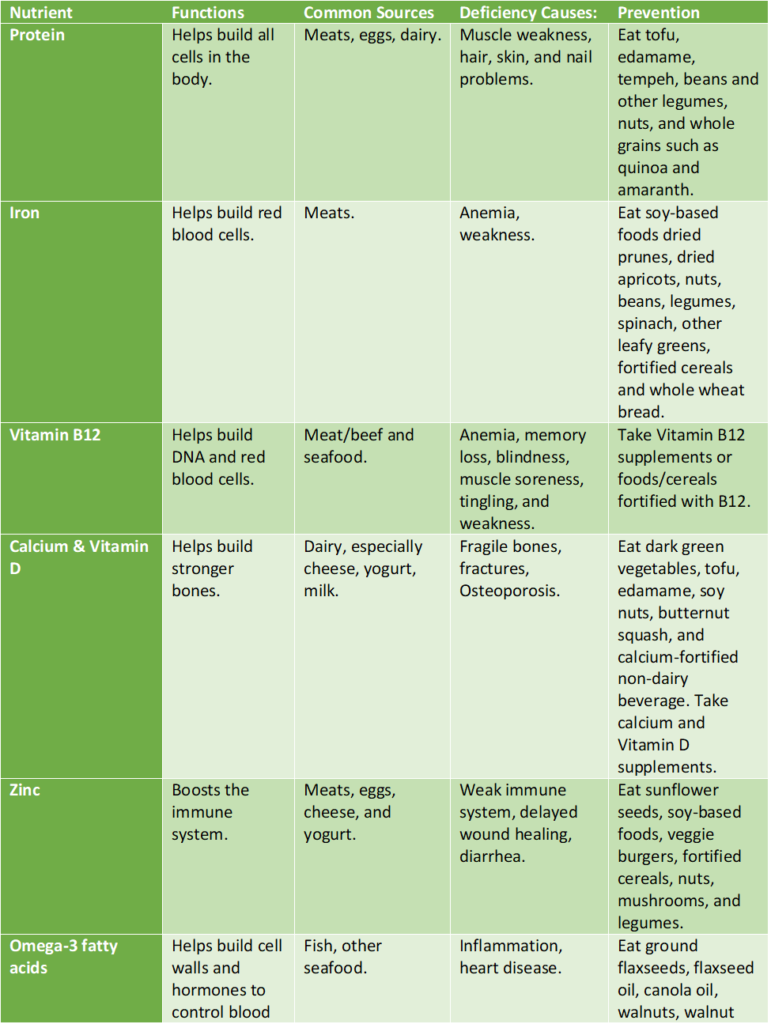
Is plant-based eating for you?
The answer is yes, most probably! Adding more fruits, vegetables, whole grains, etc., to your diet can do you nothing but good. Even if you are unwilling to give up your meats and eggs just yet, you can still reduce your consumption of meats and other animal-derived foods while increasing plant-based foods. Ultimately, this will help you avoid health issues and prevent chronic diseases.
Final thoughts

So, I committed to plant-based eating for a whole month. Even though I still love my meats, the science behind plant-based eating is quite convincing. I was completely vegan for one month except for eating fish once or twice. And I did not do this alone! My friends and I teamed up to ride this train together. To learn more about how we fared, the challenges we faced, and the outcome of our experiment, please read, “Vegan for a month.”
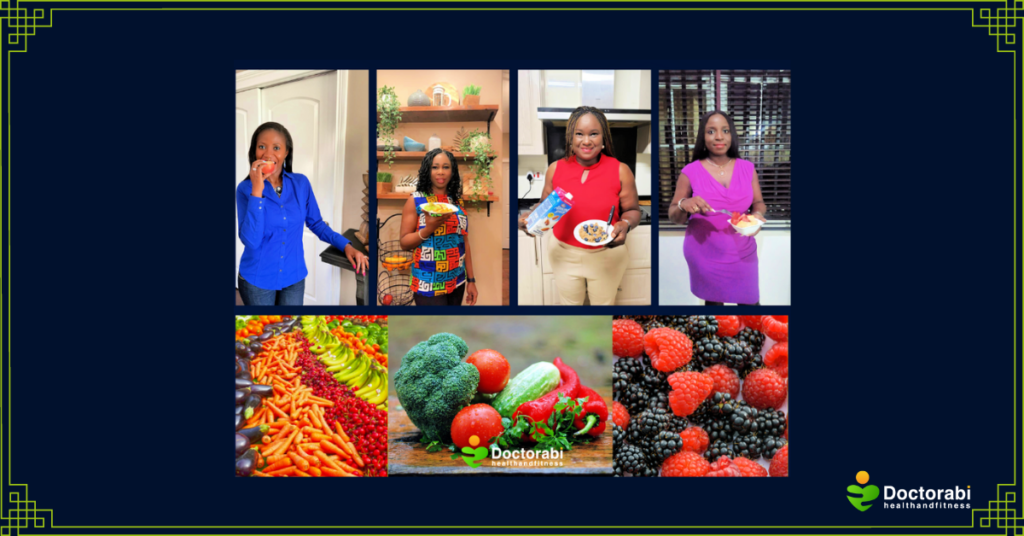
Finally, let me answer the question, “Is plant-based eating worth the hype?” Yes! I believe it is! Will I do it again? Most likely. I absolutely love the idea of it, but I am honestly not there yet. However, I have learned a better way of eating and currently consume more plant-based foods than animal-derived foods. So, why not give it a try and see for yourself? Try it for a week, a month, and decide if it is best for you. Please feel free to share your results and comments below.
Yours in health and fitness,
Doctor Abi

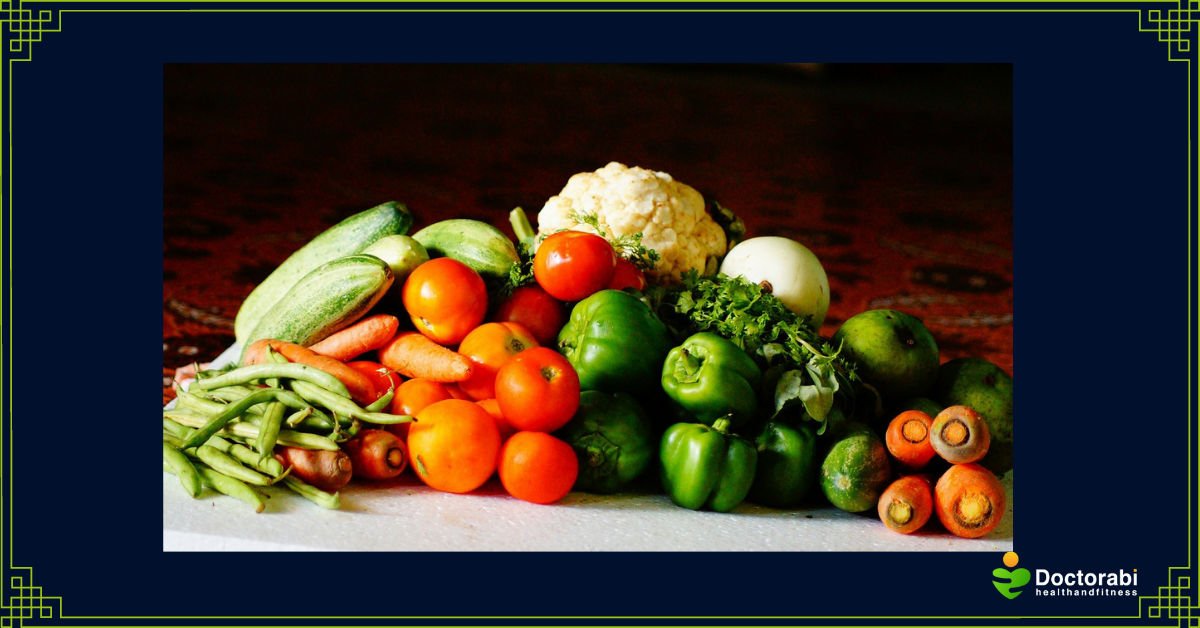
Trackbacks/Pingbacks